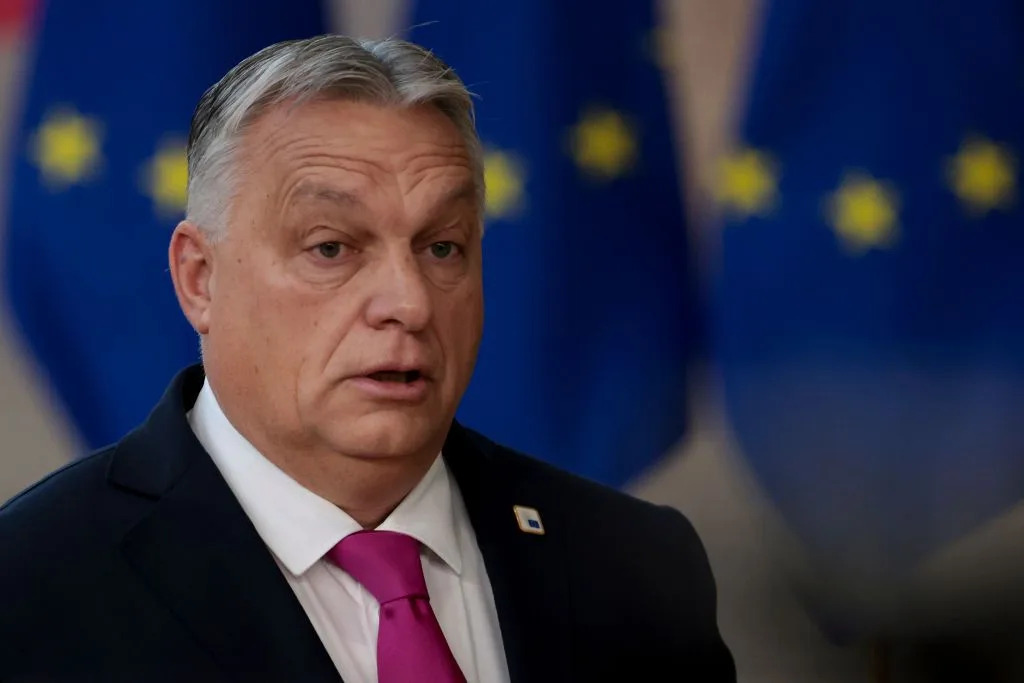The European Commission is ready to grant Hungarian Prime Minister Viktor Orban certain concessions in order to advance a four-year funding agreement for Ukraine worth 50 billion euros ($55 billion), the Financial Times (FT) reported on Jan. 11, citing senior officials.
The EU will convene at a special summit on Feb. 1 to revisit the support package, which Hungary alone opposed in December. With U.S. aid to Ukraine also stalled, securing a funding agreement has taken on new urgency.
The Commission is open to giving Orban an opportunity to stop the funding agreement in 2025 in exchange for his approval now, three officials close to the matter told FT.
Politico reported on Jan. 9 that Hungary might be willing to withdraw its veto if the funding were subject to annual renewal. Such a deal would allow Budapest to extract new concessions from the EU each year.
The EU has already released over 10 billion euros ($11 billion) in frozen funds to Hungary as Orban continues to block sanction against Russia and vocally oppose Ukraine's accession to the EU.
The officials told FT that potential concessions would entail annual audits of the support package and the inclusion of an "emergency brake" clause, allowing any member state to raise concerns about Ukraine funding at future summits.
The clause would not allow Hungary an additional opportunity to veto the funds, the officials said.
While it is "still uncertain" whether the concessions will persude Orban to support the deal, the Hungarians "are in a negotiating mood," the officials said.
Foreign Minister Dmytro Kuleba will meet his Hungarian counterpart Peter Szijjarto in Uzhhorod on Jan. 29 to prepare for a potential high-level meeting between President Volodymyr Zelensky and Viktor Orban, ATV reported on Jan. 11.
Officials close to the negotiations told Bloomberg on Jan. 10 that Italian Prime Minister Giorgia Meloni was also urging Orban to improve his relationship with Zelensky in back-channel talks.



